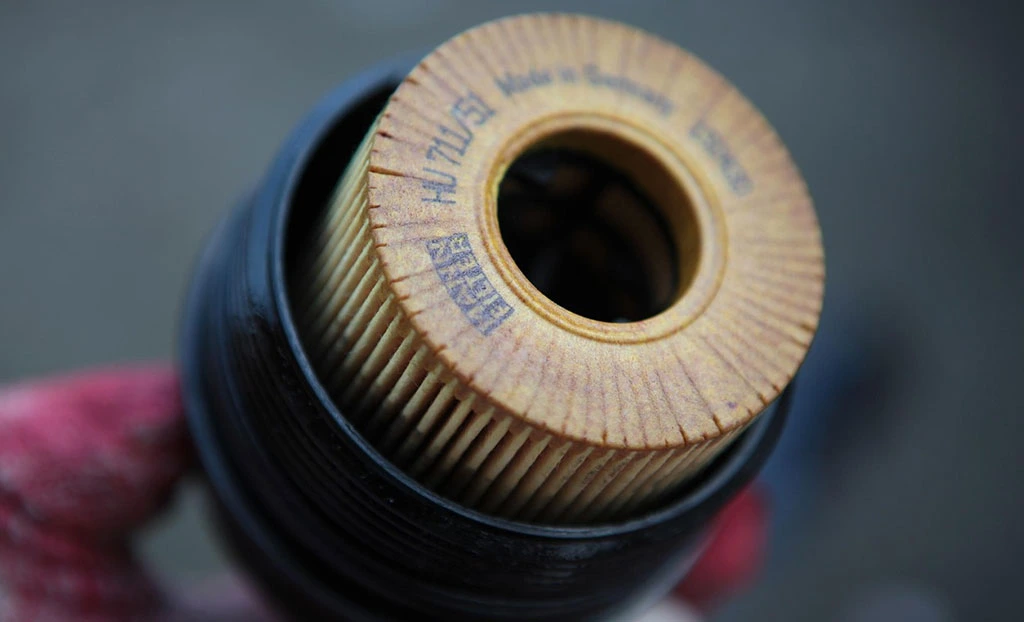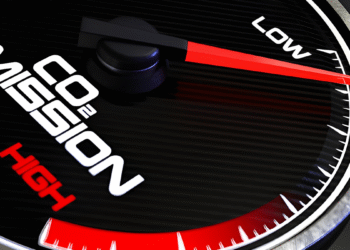
Regular vehicle maintenance is essential to ensure safety, performance, and long-term savings. One often-overlooked yet crucial component in this routine is the oil filter. Responsible for trapping contaminants, metal particles, and sludge from the engine oil, the oil filter keeps your engine running smoothly.
However, like all parts, it has a finite lifespan. Knowing the signs that your oil filter needs replacing can prevent costly damage and help your car operate at peak efficiency.
Decline in Engine Performance
A common sign that your oil filter needs replacing is a noticeable drop in engine performance. When the filter becomes clogged, it restricts oil flow, preventing proper lubrication of engine components. This can lead to sluggish acceleration, delayed throttle response, and reduced power.
The quality and design of the filter can influence how well your engine performs, which is why many drivers compare options from brands like Sakura, Bosch, and Fram. In particular, there’s growing interest in how Ryco oil filters help maintain engine performance, thanks to their strong flow characteristics and reliability in Australian driving conditions.
Unusual Engine Noises
Unusual sounds from the engine, such as ticking, knocking, or rattling, can indicate oil filter trouble. When a filter is clogged, oil flow becomes restricted, leading to increased friction between moving parts. These sounds often appear during start-up or idling, when pressure is naturally lower and poor lubrication is more noticeable.
What you’re hearing is mechanical stress from parts that are not getting enough protection. Ignoring the noise can accelerate wear on the camshaft, crankshaft, and valves. Replacing the oil filter can quickly restore proper flow and help prevent lasting damage to these critical areas.
Low Oil Pressure Warning Light
The oil pressure warning light signals that something is preventing proper oil circulation through the engine. A blocked filter is a likely culprit, as it reduces the volume of oil reaching vital engine components. This drop in pressure is a serious issue and should be addressed immediately.
Many oil filters contain a bypass valve that allows unfiltered oil to circulate when the filter becomes too clogged. While this helps maintain flow temporarily, it’s only a stopgap. Prolonged use in this state risks serious internal wear. Replacing the filter usually restores full pressure and proper oil filtration.
Engine Overheating
Oil isn’t just for lubrication—it also plays a key role in cooling the engine. A blocked oil filter can limit flow, which reduces the oil’s ability to carry heat away from high-friction areas like pistons and bearings. This can result in the engine overheating, even if the coolant appears fine.
You may notice the temperature gauge climbing faster or more frequently. If the engine feels unusually hot after a normal drive, a clogged filter could be the cause. Replacing it helps restore the oil’s cooling function and protects the engine from excess heat.
Black, Gritty or Sludgy Oil
Thick or gritty oil on the dipstick often signals that the filter is no longer doing its job. A clean filter traps debris and sludge before it recirculates. But once saturated, the filter allows contaminants to remain in the oil, turning it dark and dirty.
Driving with contaminated oil can damage internal components over time. It also reduces overall engine efficiency and increases wear. Swapping out the filter ensures that new oil remains clean longer and continues to lubricate and protect the engine effectively.
Reduced Fuel Efficiency
When oil flow is compromised, the engine has to work harder to operate, which increases fuel consumption. This added resistance inside the engine affects combustion efficiency, resulting in more frequent trips to the petrol station.
If your vehicle’s fuel economy drops for no obvious reason, the oil filter could be the cause. Replacing a blocked filter helps restore smooth operation and reduces the strain on the engine, often leading to improved mileage and lower running costs.
Don’t Overlook Your Oil Filter
The oil filter is a small component with a big responsibility. Replacing it at the recommended intervals—or sooner if you notice warning signs—ensures that your engine stays clean, lubricated, and efficient.
Whether you do your own servicing or rely on a trusted mechanic, don’t underestimate the role this modest part plays in your vehicle’s overall health. Regular checks, listening to your car, and staying on top of maintenance schedules can go a long way in keeping your vehicle running reliably for years to come.











